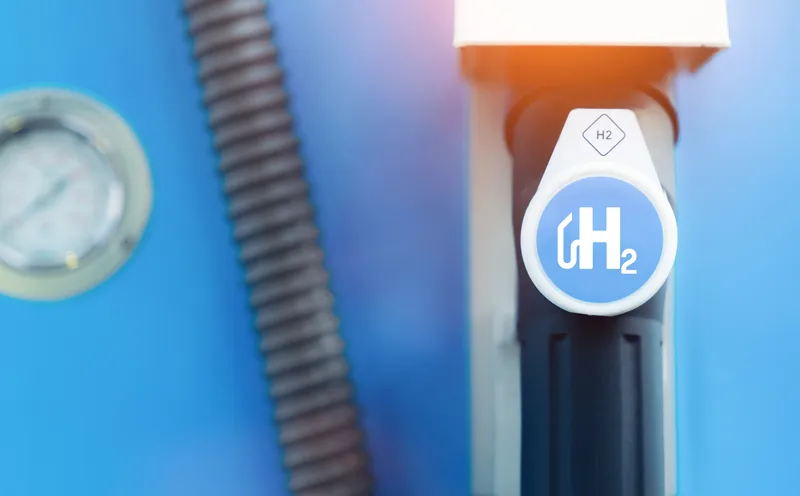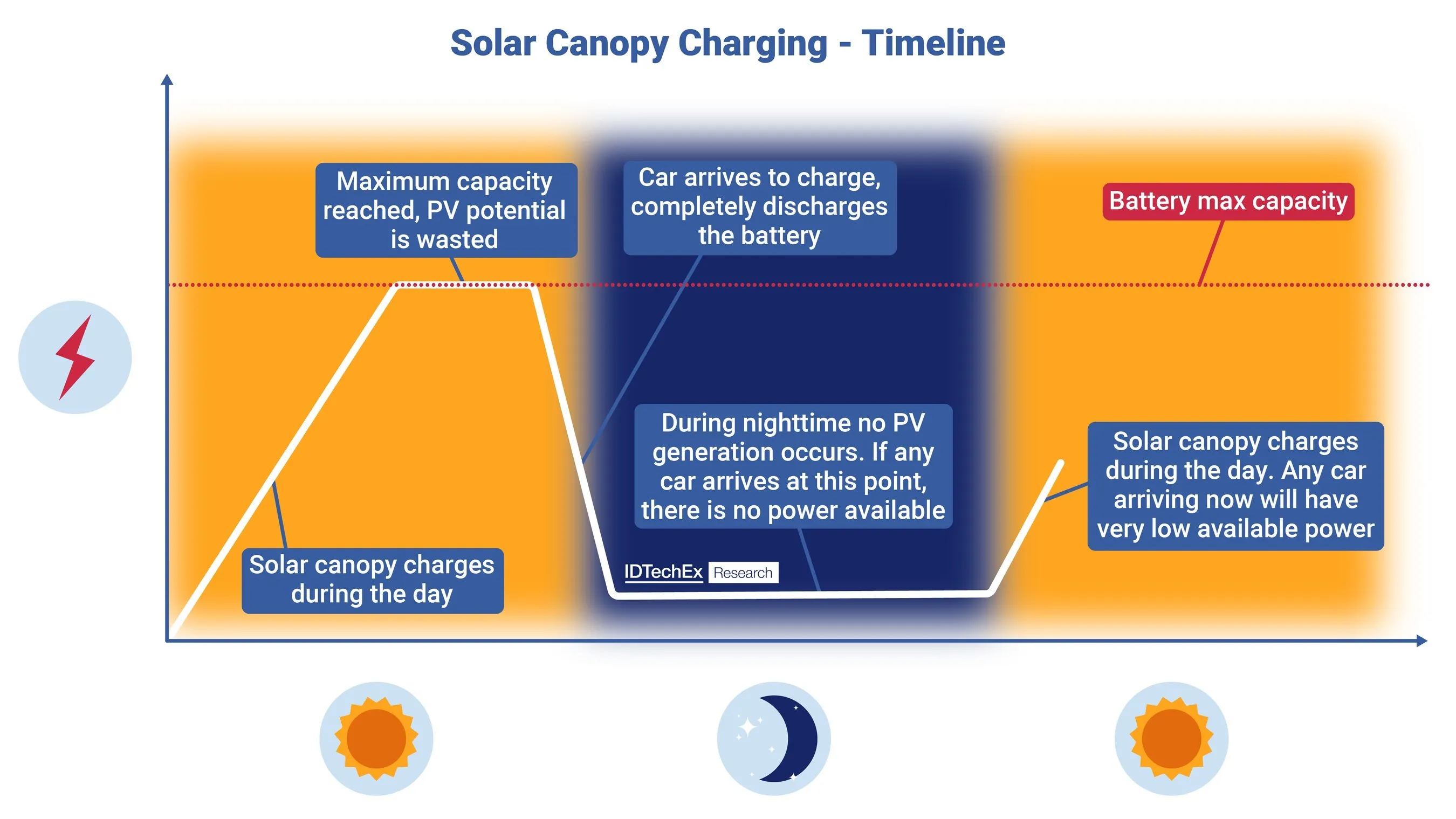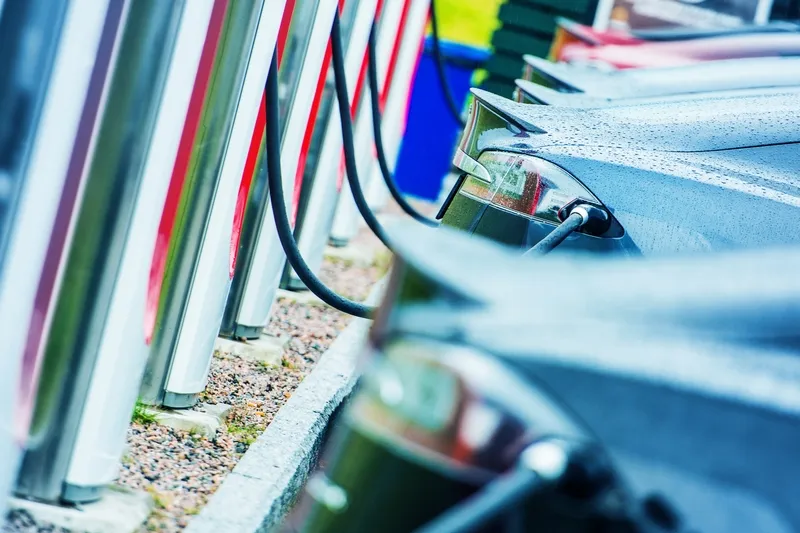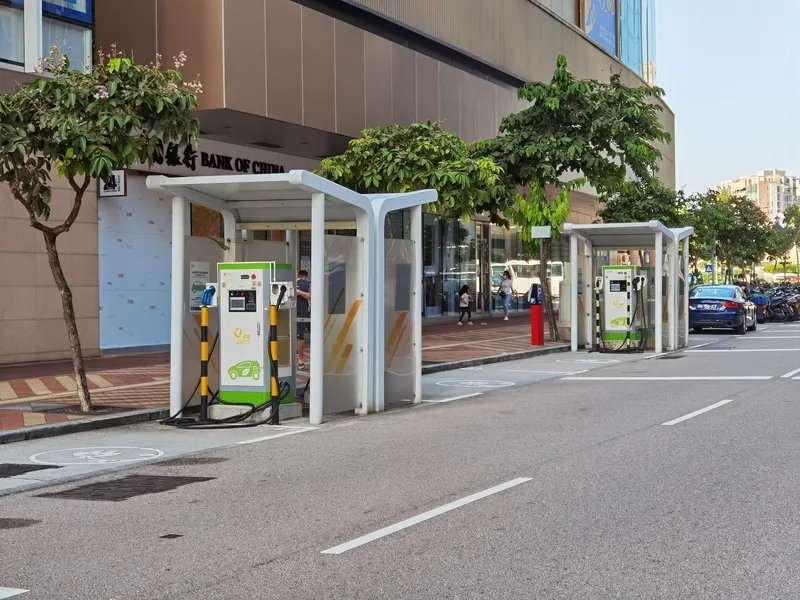
In its latest free white paper, ‘The Big Hydrogen Question’, UK-based fleet management provider Venson Automotive Solutions explores what role hydrogen will play in the transition to cleaner road transport.
After examining the latest ground-breaking technical advances, major policy changes and evolving market trends, Venson suggests that the rise of carbon-neutral, green hydrogen, could be a gamechanger, one which fleet managers would be wise to keep a check on.
Simon Staton, client management director at Venson Automotive Solutions, comments: “While hydrogen cars are not ready for widespread fleet use, our research indicates that, for UK fleet operators, the simultaneous ramping up of investment in both hydrogen vehicle technologies and our refuelling network, will soon make Fuel Cell Electric Vehicles (FCEVs) a more appealing option. Mixed fleets, including those with heavier vehicles, should certainly keep watch on this. Additionally, eFuels will look set to gain a foothold through admixing.”
Venson first explored hydrogen as an alternative fuel option for fleet managers four years ago and identified that high costs, limited nationwide infrastructure, and reliance on fossil fuels in production as the key barriers to widespread adoption of hydrogen in the UK. New research illustrates increasing commitment by manufacturers to the development of hydrogen and e-fuel vehicles and significant investment in upskilling by industry bodies to fully train technicians on their servicing and maintenance requirements.
These developments, along with the 2022 launch of the Hydrogen UK trade association, with a mission to develop and deploy hydrogen solutions in the UK, underscore the need for fleets to stay vigilant as hydrogen advances.
Staton concludes: “In transitioning from ICE vehicles, there’s not a one-size-fits-all solution as each user case is different. Industry experts predict that hydrogen prices and components will decrease rapidly by 2030, driven by economies of scale. Going forward it’s not an either/or decision regarding FCEVs or BEVs, rather, which technology is the best for the job a vehicle has to do. While BEVs dominate the passenger car market, in the HGV market, where diesel still holds pole position, hydrogen fuel cell is rapidly advancing, and could soon be challenging for the lead.”









